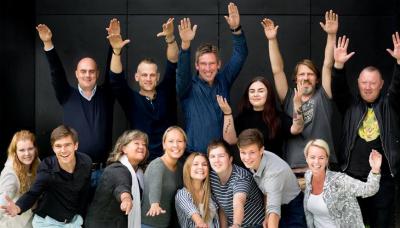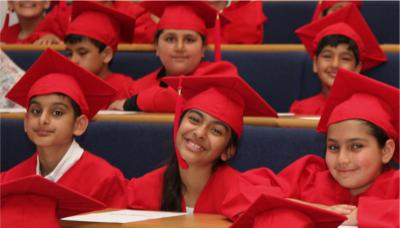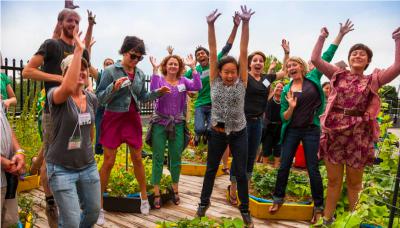We want to celebrate our 10th anniversary while launching a collaborative learning challenge to help generate opportunities for common reflection and action, especially seizing a moment where we are globally redefining priorities to build societies that are more resilient and fair. Within this process, we got inspiration from with a wide array of initiatives that are generating systemic changes worldwide.
People and communities affected by specific problems are the main agents of change, either because of their first-hand knowledge, their high incentives to partake in the solutions, or their willpower to revert the situation. The importance of individual and collective action became evident during the pandemic. Many effective answers to address the crisis have put the citizens’ initiative and sense of responsibility at the center. To achieve and sustain systemic changes that could guarantee more sustainable, healthy, inclusive, and happy societies, it is paramount to empower people, and appeal to their capacities to act consciously, self-organize and activate resources that are many times hidden. This collection of innovations gathers initiatives that allowed us to see that many times, the solution lies in changing perspectives and understanding that, many times, those who were considered passive recipients of help, are, in fact, the main agents of change.











